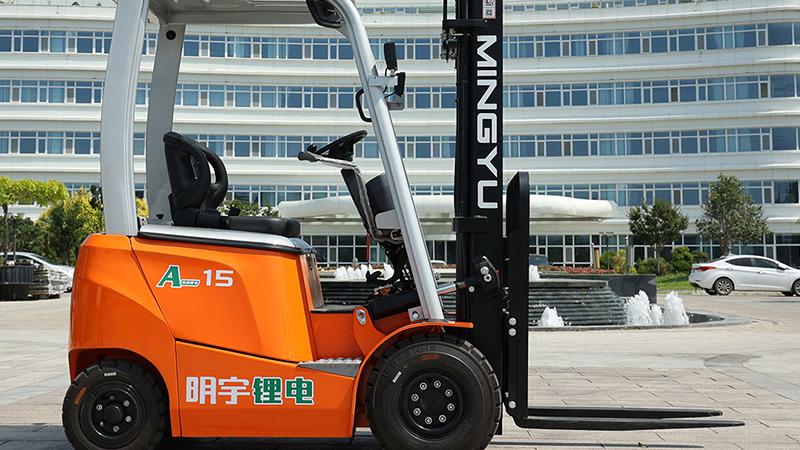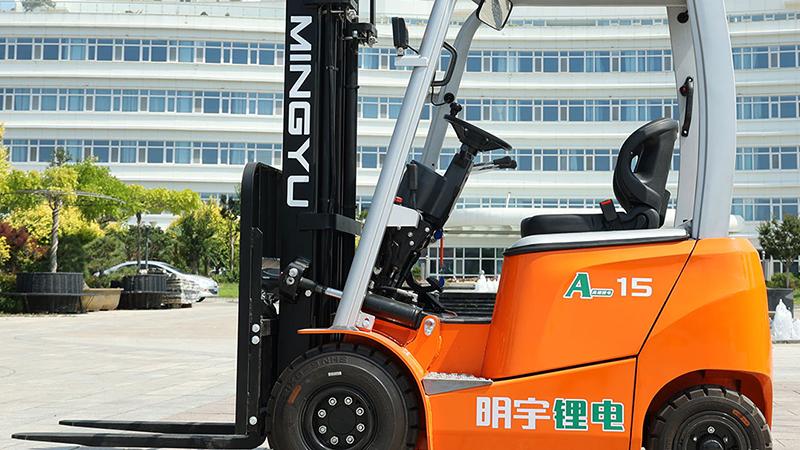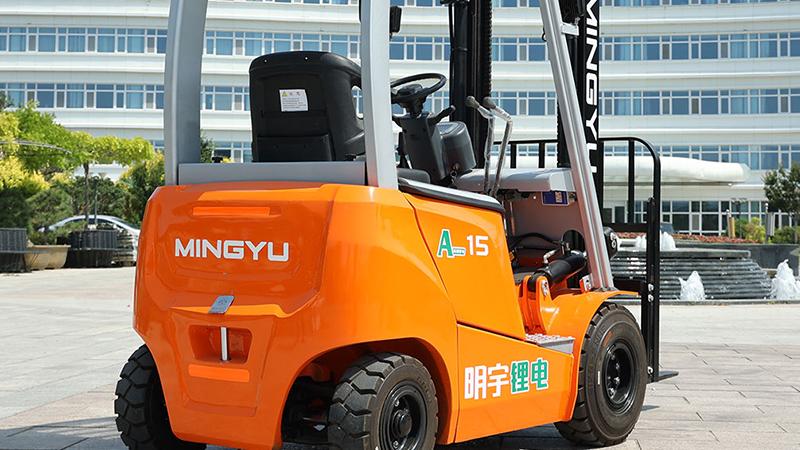The short and unequivocal answer to the question of whether you need special training to operate an electric forklift is a resounding yes. Operating any powered industrial truck, including an electric forklift, is not akin to driving a standard automobile or using a simple piece of equipment; it is a skilled trade that requires specific knowledge, practical hands-on experience, and a deep-rooted understanding of safety principles to prevent property damage, serious injury, and loss of life. The necessity for this specialized training is not merely a recommendation from manufacturers or a best practice suggested by safety consultants; it is a legal requirement in most countries, enforced by governmental regulatory bodies such as the Occupational Safety and Health Administration (OSHA) in the United States. The mandate for training is broad and covers all types of forklifts, but it becomes particularly critical for electric forklifts due to their unique operational characteristics, including the presence of high-voltage battery systems, different handling dynamics compared to internal combustion engine models, and their common use in indoor environments where ventilation and interaction with pedestrians are major concerns. Therefore, the question is not if special training is needed, but rather what constitutes adequate and compliant training, who is authorized to provide it, and what specific knowledge an operator must possess to handle an electric forklift safely and efficiently in a modern industrial or warehouse setting.
The foundational framework for this mandatory training is built upon a multi-faceted curriculum that goes far beyond simply learning which levers make the forks go up and down. A comprehensive and legally compliant training program for an electric forklift operator is divided into two primary components: formal instruction and practical, hands-on evaluation. The formal instruction segment must cover a wide range of topics, starting with the operating manual for the specific model of electric forklift being used. It must delve into the principles of physics that govern forklift stability, including the stability triangle and the critical concept of the load center, explaining how these factors are paramount to preventing tip-overs, which are a leading cause of fatal forklift accidents. Furthermore, training must include detailed instruction on the pre-operation inspection that every operator is legally required to perform before each shift. For an electric forklift, this inspection is distinct and includes checking the battery charge level, ensuring the battery is properly seated and connected, examining cables for wear or damage, checking fluid levels in the battery (if applicable), and verifying the functionality of all safety devices, including horns, lights, and the emergency backup alarm. Other essential classroom topics encompass load handling techniques, stacking and unstacking procedures, navigating ramps and inclines, understanding the limitations of the specific electric forklift, and the unique rules of the workplace where the operator will be functioning, such as designated travel paths, pedestrian right-of-way, and specific surface conditions.
The practical training and evaluation component is where theoretical knowledge is put to the test in a controlled environment. Under the direct supervision of a qualified trainer, the prospective operator must demonstrate proficiency in actually handling the electric forklift. This involves performing the pre-operation inspection, demonstrating safe starting and stopping procedures, and skillfully maneuvering the truck in a variety of common scenarios, such as tight aisles, around corners, and in and out of elevators or trucks. The operator must prove their ability to pick up, transport, and place loads of various weights and sizes safely and precisely, all while maintaining constant awareness of their surroundings. A critical part of this hands-on training for an electric forklift focuses on its unique aspects, such as the regenerative braking system, which can cause the truck to slow down abruptly when the accelerator is released, a characteristic that differs significantly from internal combustion forklifts. Operators must also be thoroughly trained in the specific procedures for battery management, including how to properly connect and disconnect the battery for charging, how to use charging equipment safely, and the protocols for dealing with a battery that needs to be changed or topped up with water. This practical evaluation ensures that the operator not only understands the rules but can also apply them instinctively under real-world working conditions, developing the muscle memory and situational awareness necessary for safe operation day in and day out.
Ultimately, viewing special training for an electric forklift as a mere regulatory hurdle to be cleared is a profound mistake. It is, in fact, a critical investment in human capital, operational efficiency, and risk management. A properly trained operator is not just a safer operator; they are a more productive and cost-effective one. They are less likely to cause damage to goods, storage racking, the electric forklift itself, or the facility infrastructure. They contribute to a positive safety culture, reducing the frequency of workplace accidents and the associated costs, including workers' compensation claims, equipment downtime, and potential regulatory fines. The certification received upon successful completion of a training program is not a one-time, permanent credential. OSHA and other regulatory bodies require operators to be re-evaluated every three years, and more frequently if they are observed operating unsafely, are involved in an accident or a near-miss incident, or if there is a significant change in their workplace or the type of electric forklift they are assigned to operate. This ensures that skills remain sharp and knowledge is up-to-date. In conclusion, the requirement for special training to operate an electric forklift is an indispensable element of modern industrial operations. It transforms an untrained individual from a potential liability into a skilled, safe, and valuable asset, ensuring that the significant benefits of electric forklifts—such as zero emissions, quieter operation, and lower running costs—are realized without compromising the safety and well-being of everyone in the work environment.
Post time:Sep.29.2025



